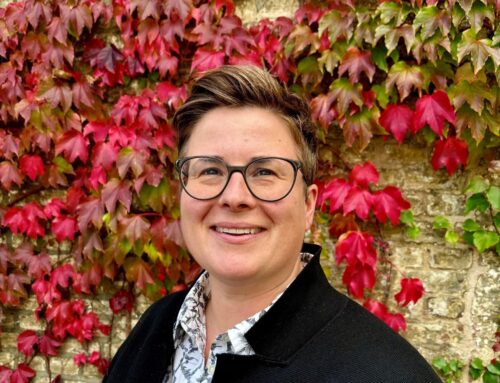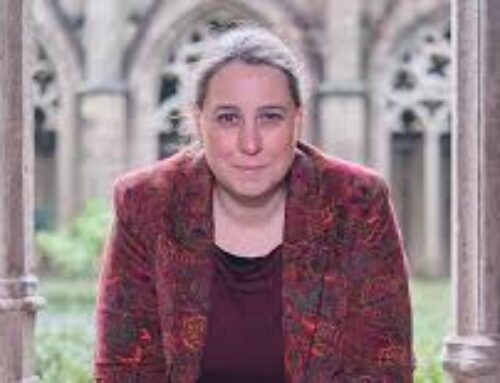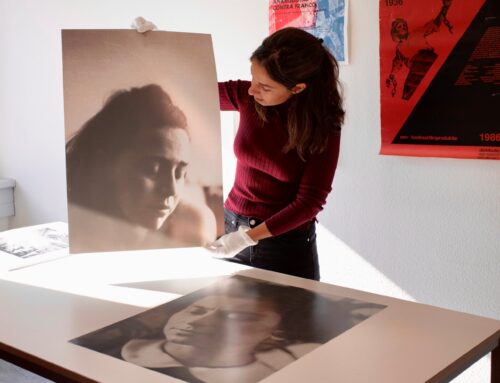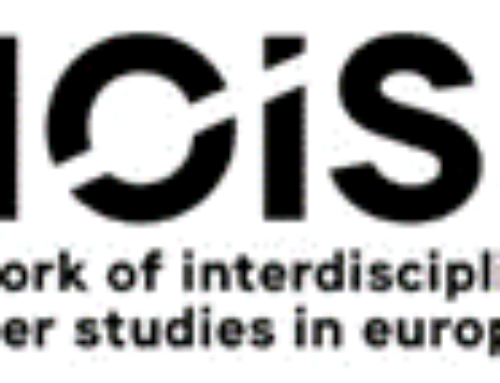On Tuesday, December 2, 2025, prof. dr. Manjeet Birk (Carleton University, Canada) will give the Workshop “The Researche’s Song: Storytelling through the lens of Critical Race Theory”.
Description
In this workshop prof. Birk will share principles of various forms of storytelling as feminist and anti-racist research methodology to sing the researcher’s song. These methodological stories are written using the foundations set by feminist autoethnography (Ettorre, 2016) and critical race counterstorytelling (Solorzano & Yosso, 2002). They build upon the generations of Black, Indigenous, and women of colour feminists who theorize using stories of experience in the face of injustice (hooks, 1996; Lorde, 1981; Simpson, 2017, to name a few). Birk tells these stories to consider not only the ways in which our stories are mapped onto our bodies to create meaning of the world but ultimately what these stories tell us about the white settler society in which we live as racialized, feminized bodies.
As Elizabeth Ettorre (2016) has written, “autoethnography is all about describing the cultural dynamics that an individual confronts” (p. 14). She identifies four ways autoethnography functions as a feminist method:
- autoethnography creates transitional, intermediate spaces, inhabiting the crossroads or borderlands of embodied emotions;
- autoethnography is an active demonstration of the ‘personal is political’;
- autoethnography is feminist critical writing which is performative, that is committed to the future of women;
- autoethnography helps to raise oppositional consciousness by exposing precarity. (pp.17–18)
Feminist autoethnography provides important ways to observe societal trends based on the commonality of experiences that Birk witnesses/observes and what these stories tell us, not only about my own experiences but about the world more broadly.
In addition to feminist autoethnography, the tenets of critical race theory allow Birk to firmly plant these stories within the complicated racial dynamics she encounter daily while moving through the world as a racialized woman in a white settler society. That is, these stories go beyond feminist autoethnography to reveal the encounters (micro and macro) of a deeply colonial and racist world. These stories are not told for stories’ sake. Through this storytelling it is imperative to uncover the invisible and to consider how change can come from them. These observations are not mere observations but rather a window into a deeply raced, classed, and gendered society that forces certain kinds of social orders based on appearances. As a workshop we will think through some of the complications of telling stories to advance research practice in academia.
Prepatory Work/Expectations
- To prepare: a text by prof. Birk’s on counter-storytelling will be made available to participants after registration
- During: actively participate in the discussions and reflect on the potential for this method in your own research
- After: write a short reflection paper of 1500 words
Details Workshop
Date & Time: Tuesday December 2, 11h-14h
Location: Maastricht University, Grote Gracht 90-92, Maastricht (exact room location will be communicated after registration)
Credits: 2 ECTS (for RMA and PhD Students)
Registration: please send an email to NOG@uu.nl with the subject line “Registration Workshop Birk”.
Please let us know your name, study programme (RMA, PhD, something else), and your research school
Contact: Sophie Withaeckx (s.withaeckx@maastrichtuniversity.nl)
Biography
 Manjeet Birk (she/her) is an interdisciplinary scholar whose work centers the lived experience of racialized and Indigenous girls and women in Canada. Her research focuses on women’s organizing, social justice and institutional racism using critical race, intersectional and decolonizing theories and methodologies. Her interests are grounded in her community activism working with women’s organizations locally, nationally and internationally.
Manjeet Birk (she/her) is an interdisciplinary scholar whose work centers the lived experience of racialized and Indigenous girls and women in Canada. Her research focuses on women’s organizing, social justice and institutional racism using critical race, intersectional and decolonizing theories and methodologies. Her interests are grounded in her community activism working with women’s organizations locally, nationally and internationally.






